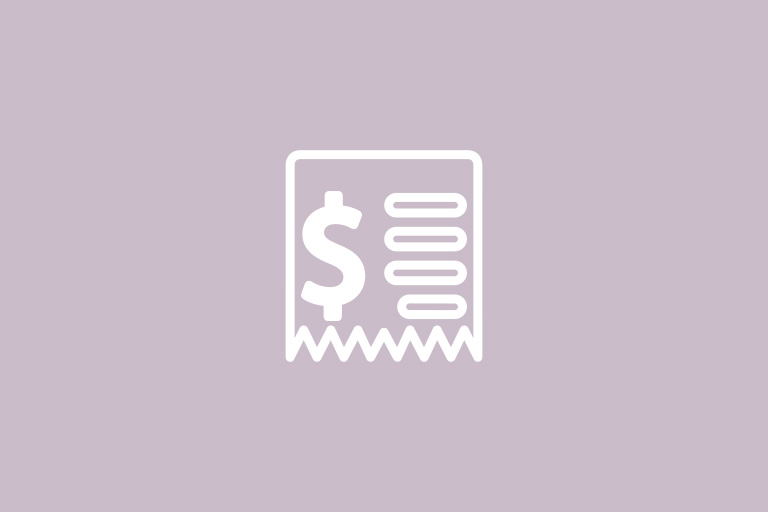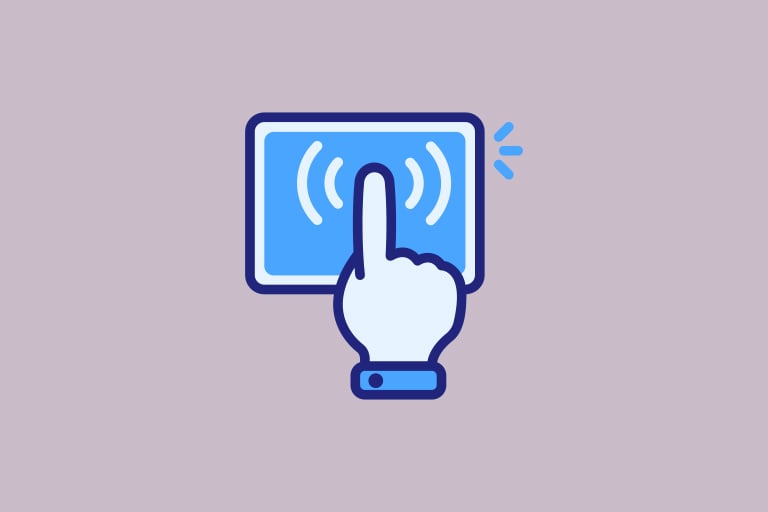What's the difference between PPC, SEM, and SEO?
Understanding the distinctions between PPC, SEM, and SEO is fundamental to navigating the digital marketing landscape:PPC (Pay-Per-Click)
PPC is a digital advertising model where advertisers pay a fee each time their ad is clicked. It's a direct way of buying traffic to your site and is often associated with first-tier search engines like Google and Bing. PPC ads can also appear on social media platforms and websites. The cost per click (CPC) can vary based on the competition for the keywords and the platform used.SEM (Search Engine Marketing)
SEM is a broader term than PPC, encompassing all efforts to make a website more visible in search engine results pages (SERPs). This includes both paid advertising strategies, like PPC, and organic strategies, such as SEO. SEM is a comprehensive approach that leverages both paid and non-paid tactics to increase search visibility.SEO (Search Engine Optimization)
SEO is the practice of optimizing a website to rank higher in organic search results. Unlike PPC, SEO focuses on improving a site's non-paid, or "organic," visibility. SEO involves a variety of tactics, including keyword research and inclusion, improving site structure and navigation, creating high-quality content, and acquiring backlinks from other reputable sites. The goal of SEO is to enhance a website's relevance and authority to rank higher for targeted search queries.While PPC can generate immediate results, SEO is a long-term strategy. SEM combines the quick wins of PPC with the sustained growth of SEO, offering a balanced approach to online marketing.
How does PPC work?
PPC operates through a combination of bidding, ad quality, and relevance:- Keyword Bidding: Advertisers choose relevant keywords and place bids on how much they're willing to pay for a click on their ads when those keywords are searched for. The bid amount can influence the ad's visibility but is not the sole factor.
- Ad Auction: Each time a keyword is searched, a behind-the-scenes auction is triggered. Search engines use algorithms to assess which ads are displayed and in what order. Factors considered include the bid amount, ad relevance to the search query, and the quality of the ad.
- Quality Score: Search engines assign a quality score to each ad, which reflects the relevance and quality of the ad copy, landing page, and click-through rate (CTR). A higher quality score can lead to lower costs and better ad positioning.
- Ad Formats: PPC ads can come in various formats, including text ads on search result pages, display ads on websites within an ad network, shopping ads for e-commerce, and video ads on platforms like YouTube.
- Targeting Options: Advertisers can target their ads based on demographics, user interests, geographical location, and even the time of day. This targeting ensures that ads are shown to the most relevant audience.
- Costs and Budgets: Advertisers only pay when their ad is clicked, making PPC a cost-effective option. Budgets can be set daily or monthly, providing control over advertising spend.
- Monitoring and Optimization: PPC campaigns require constant monitoring and optimization. Advertisers analyze performance data to tweak keywords, ad copy, and targeting to improve campaign effectiveness and ROI.
PPC is a dynamic advertising model that offers high levels of control and the ability to achieve immediate visibility in search engine results, making it a valuable component of digital marketing strategies.
Why is PPC important?
PPC is pivotal for several reasons:- Immediate Traffic: Unlike SEO, which takes time to build, PPC can generate traffic almost instantly.
- Targeted Audience: Advertisers can precisely target demographics, interests, and behaviors, increasing the likelihood of reaching potential customers.
- Measurable Results: PPC offers clear metrics to track conversions, ROI, and other KPIs.
- Cost-Effectiveness: You only pay when someone clicks on your ad, making PPC a budget-friendly option compared to traditional advertising.
- Brand Exposure: Ads increase brand visibility, even if they are not clicked.
- SEO Complement: PPC can support SEO efforts by driving traffic while organic strategies gain momentum.
- Goal Tracking: Tools like Google Analytics allow real-time performance tracking and goal assessment.
- Reputation Management: PPC can be employed for immediate response to reputation events, controlling the narrative with targeted ads.







